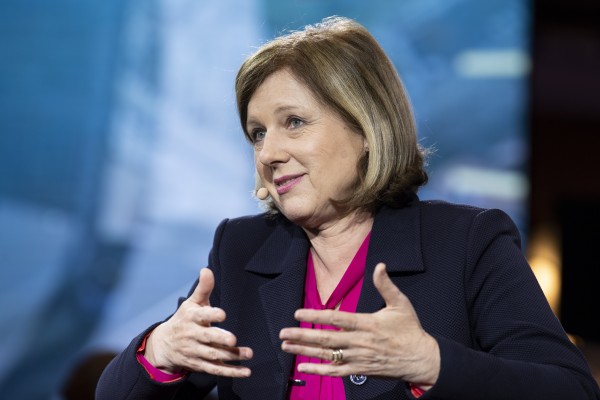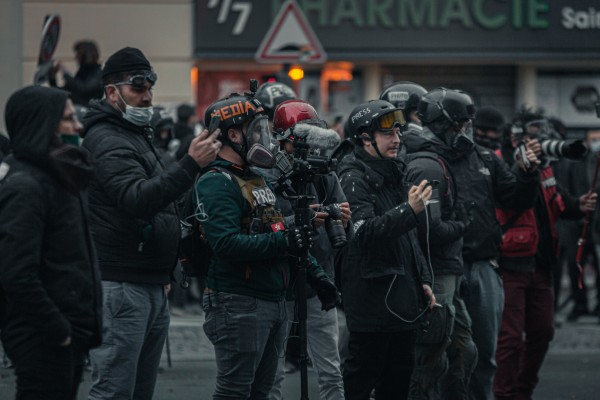Europe’s telecommunications chief blasted recently-adopted amendments to Hungary’s controversial media laws, telling Budapest-based daily newspaper Figyelo that the legislation remains “embarrassing” despite the revisions, Bloomberg reported yesterday.
Neelie Kroes, the European Commissioner for Digital Affairs, said amendments approved on June 4 – which had been sent back to Hungary’s Parliament due to a procedural error following their approval on May 24 – failed to address the concerns of the Council of Europe and the European Union.
Hungary’s Constitutional Court last December held that parts of the legislation were unconstitutional in a ruling that obliged the government to amend the laws by May 31.
Kroes warned the Hungarian government last February to comply with the ruling, threatening to initiate proceedings against the state under Article 7 of the European Union Treaty. Under Article 7 a state’s voting rights may be suspended if a member state is found in violation of the common values of the European Union.
A review of the proposed law issued in May by the Council of Europe recommended 66 changes to the proposed amendment. However, Kroes told Figyelo, the recently-passed version of the legislation addressed only 11 of those changes and failed to guarantee the Media Authority’s independence or to clarify a number of ambiguities.
Anthony Mills, acting deputy director of the International Press Institute (IPI), which has been a vocal critic of the media laws along with IPI’s affiliate, the South East Europe Media Organisation (SEEMO), said: “The changes to Hungary’s new media laws appear to have been purely cosmetic. We remain gravely concerned that, in an EU-member country, new media legislation remains in place that appears to curtail free reporting.”
The Organization for Security and Co-operation in Europe Representative on Freedom of the Media Dunja Mijatović, following Parliament’s initial approval of the amendments last month, also expressed concerns over the revised law’s continued ability to limit media plurality and to expose the media to political control. While welcoming some of the changes, such as the “broader protection of sources,” she said she was alarmed over some retained sections of the law, including the manner of appointment to posts in the Media Authority and Media Council and the entities’ “power over content in the broadcast media”.
Key areas of concern with the original media package were left intact in the amendment. The president of the Media Council, which is the main media regulator, will still be appointed directly by the prime minister, while its members will be appointed for nine years. The new legislation has also left in place requirements for “balanced” reporting, causing fears of self-censorship among journalists, in part due to high possible fines.
This week, Human Rights Watch urged the EU “to initiate action under Article 7 of the EU Treaty against Hungary due to the clear risk of breaching the common values of the union.”


